Accurately assessing Differing Site Condition (DSC) claims requires a multidisciplinary team
For traditional design-bid-build projects, a site conditions assessment is typically based on information from the owner or agency in the bid package, site-walk observations, and reasonably expected insight into the conditions. In some cases, contractors are encouraged to perform additional investigations to become better acquainted with field conditions. Typically, for design-build projects, the contractor accepts responsibility for evaluating site and subsurface conditions.
In the United States (U.S.), the Federal Highway Administration (FHWA) developed a test system that defines a method of classifying claims according to the contractor's pre-construction knowledge, understanding of site conditions, and the discovery of hazardous or toxic materials.
- A Type I DSC claim involves situations in which the site surface or subsurface conditions deviate substantially from those represented in the bid package
- A Type II DSC claim refers to situations in which the site surface or subsurface conditions are substantially different from those that might be reasonably expected
- A Type III DSC claim involves the discovery of hazardous or toxic materials
Most construction contracts for public works projects in the U.S. contain some form of these FHWA provisions, and the language of the DSC clause is a critical contract component.
Internationally, the International Federation of Consulting Engineers (FIDIC) Yellow and Red books for construction and design and construction include an unforeseeable physical conditions clause where the contractor takes the risk of foreseeable site conditions. More recently, the Emerald Book, for underground works, included Geotechnical Baseline Report (GBR). The GBR is a compulsory contractual document with the purpose, among other things, of setting out a risk-sharing mechanism.
Exponent consults with design-build engineering firms, general contractors, and specialty subcontractors to prepare and substantiate DSC claims from project owners and public agencies, and to advise on risk-sharing strategies, including reviewing of GBRs. We also assess DSC claims from contractors and professional liability insurance carriers to evaluate standard-of-care claims against design professionals.
Exponent's multidisciplinary team of experts can present DSC claims development and evaluation results in discussions with clients, in written reports, and as testimonies at review board hearings, arbitrations, mediations, and trials in areas that include:
- Tunnels and underground structures
- Shallow and deep foundations
- Dams and water retaining structures
- Bridges
- Earthworks
- Retaining structures
Support of excavations
Site grading
Ground improvement
Dewatering
Geotechnical Baseline Reports (GBR)
services
For 50+ years, we’ve thrived on solving unstructured problems that require bespoke solutions. Some of our services include:
• Entitlement (technical merits of claim) evaluations
• Cost analysis
• Delay impacts analysis
• Acceleration analysis
• Means of improving unsuitable soil and ensuring slope stability
Our Capabilities Are Unparalleled
With expertise in over 90 disciplines and hundreds of capabilities, tools, and methodologies — we get to the root of even the most complex challenges and give you the objective answers you need.
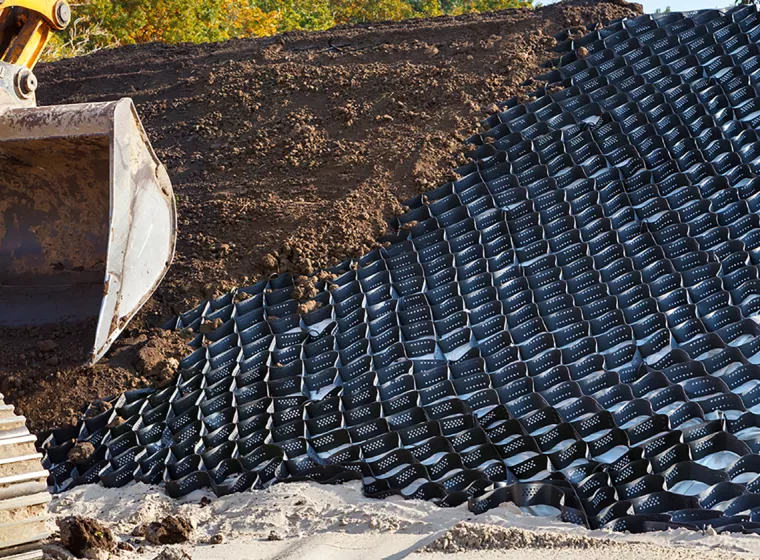
Earth Structures
Decades of experience addressing the multitude of complex challenges that can arise when earth and engineering meet.
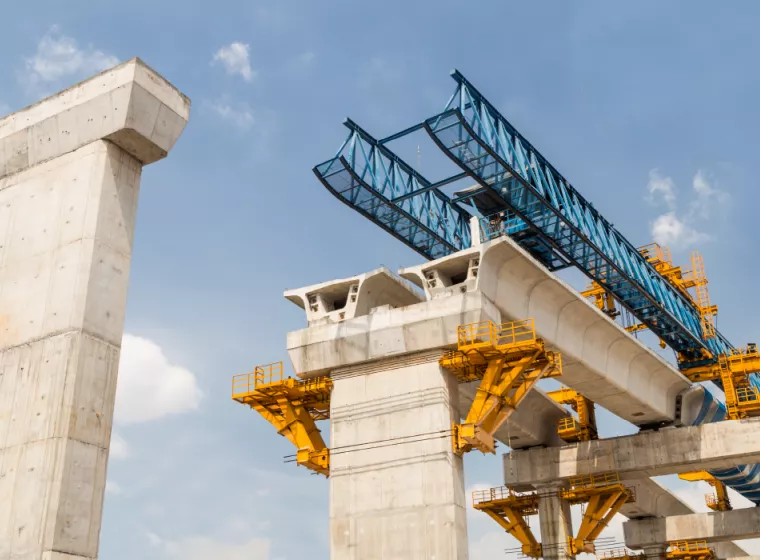
Design & Construction Consulting
Extensive civil engineering expertise to empower decision-making and help reduce design and construction risks and failures.
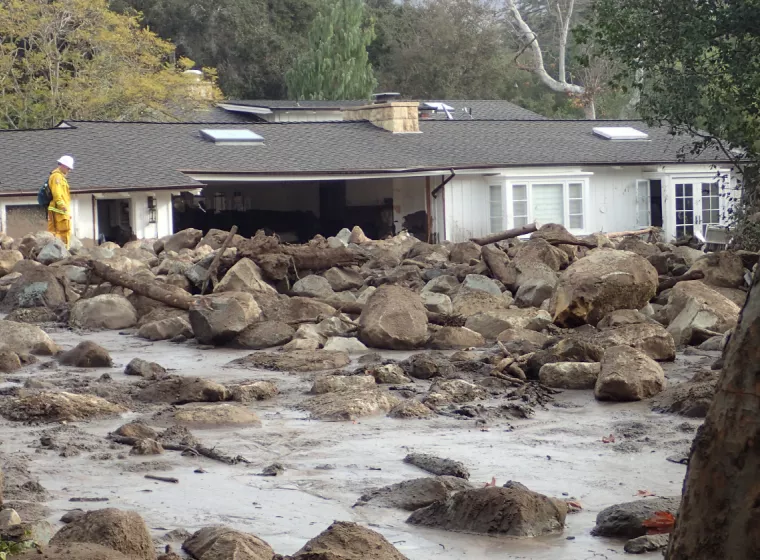
External Hazards: Risk Assessment & Mitigation
Accurate assessment, mitigation, and remediation support for external hazards and natural disasters.
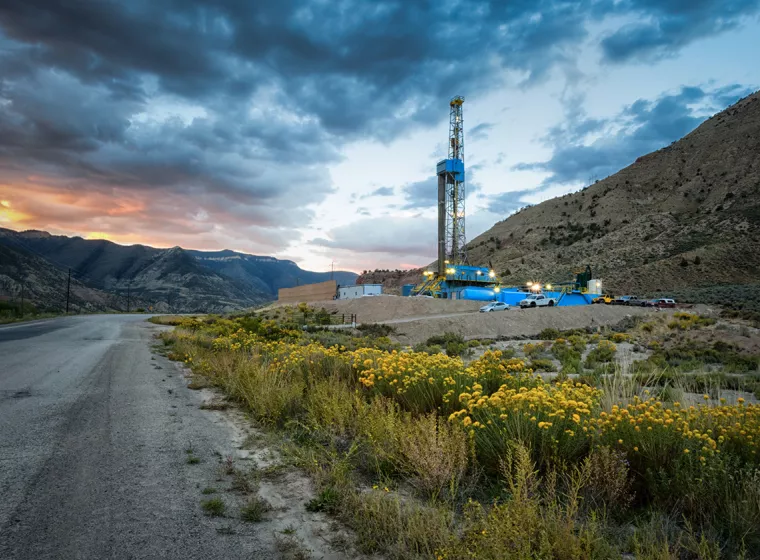
Mining & Forestry
Scientific and engineering expertise to help achieve safe, reliable, sustainable production.

Remote Sensing Analysis
Improve site understanding with remote sensing and geospatial analytics, including GIS.
Experts
Our global and comprehensive expertise across industries gives us a deep understanding of current challenges, best industry practices, and the implications of emerging technologies.


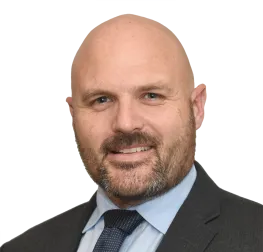
Senior Managing Engineer

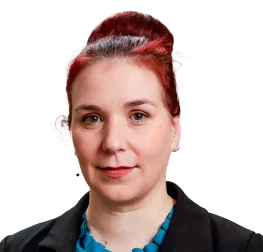
Insights
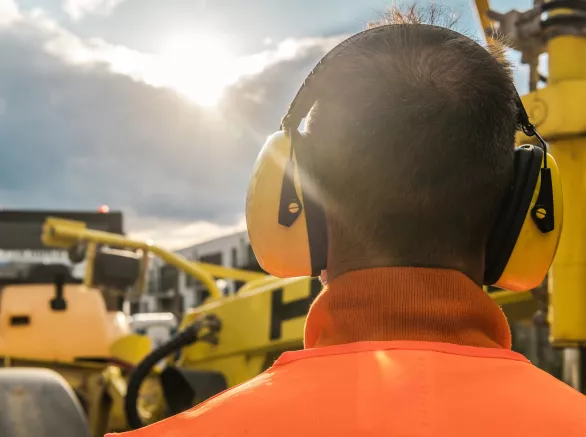
![Mining [CE]](/sites/default/files/styles/hero_purple/public/media/images/GettyImages-1139148636.jpg.webp?itok=-rTB2I7Q)